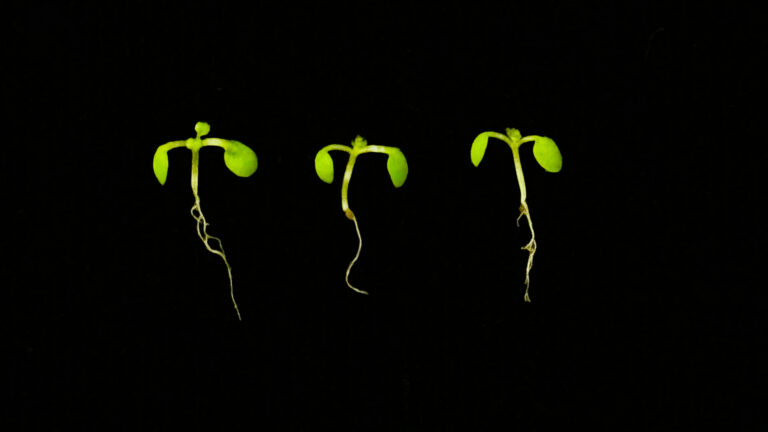
Plant Science
Coevolution of the microbiome with its host plant supports environmental adaptation
Soil shapes a host gene and the microbiome, enabling growth in low pH, iron-rich conditions.
Page 1 of 1

Plant Science
Soil shapes a host gene and the microbiome, enabling growth in low pH, iron-rich conditions.
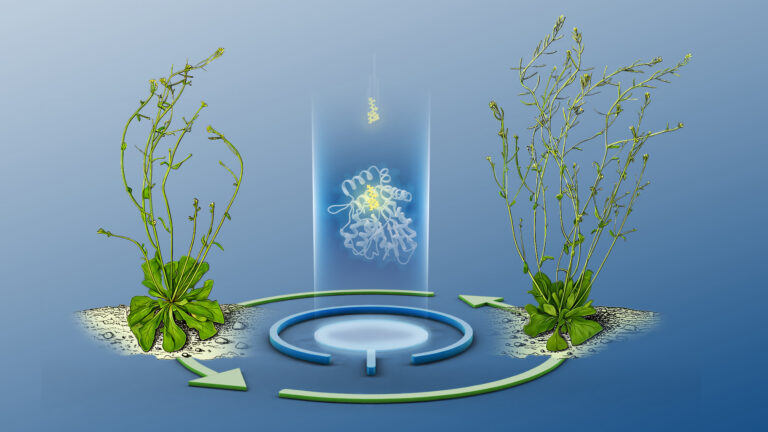
Bioscience
Findings reveal how plants control powerful growth regulators through adaptable molecular strategies, offering new perspectives for agriculture.
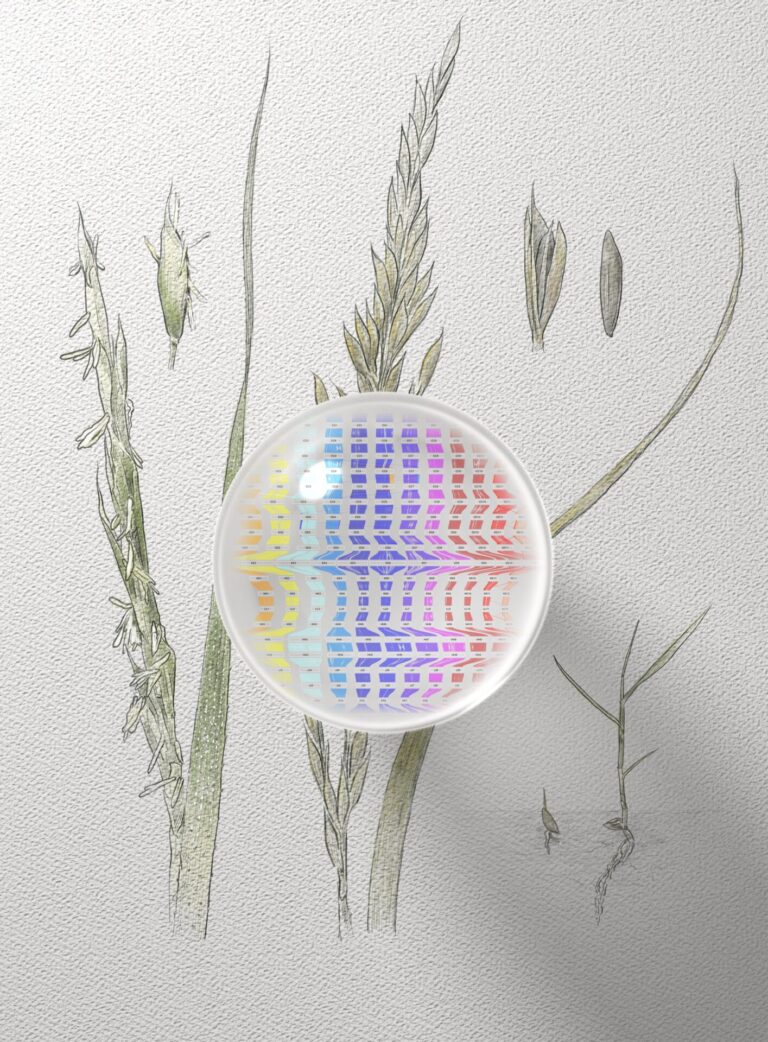
Plant Science
Eleven new reference genomes highlight the evolutionary path of the rice genus and may help improve crops.
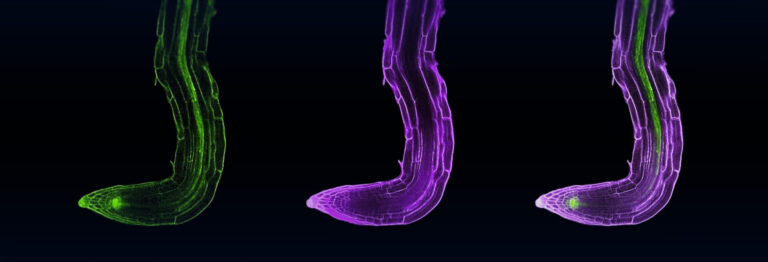
Bioscience
Uncovering the mechanism of how soil bacteria improve plant resilience to drought and salinity could be important for mitigating effects of climate change on crop production.

Environmental Science and Engineering
Plastic pipes installed in deep water could stockpile gas, helping the world move away from fossil fuels.
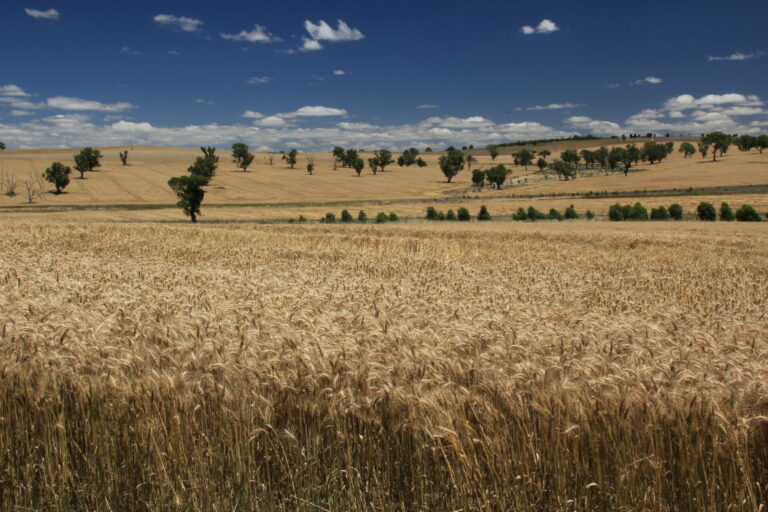
Bioscience
The complex history of the bread wheat D genome demonstrates the potential of wild relatives in crop improvement.
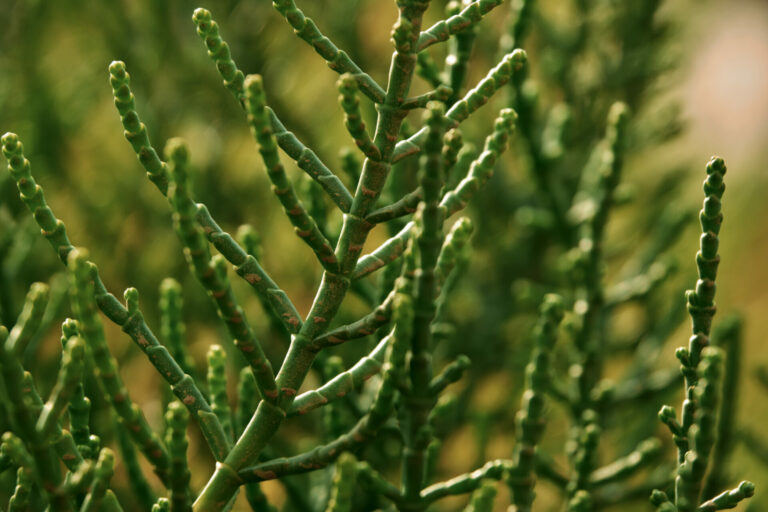
Bioscience
Improved understanding of the salt- tolerance mechanism in salt-loving plants could help progress seawater-based agriculture.
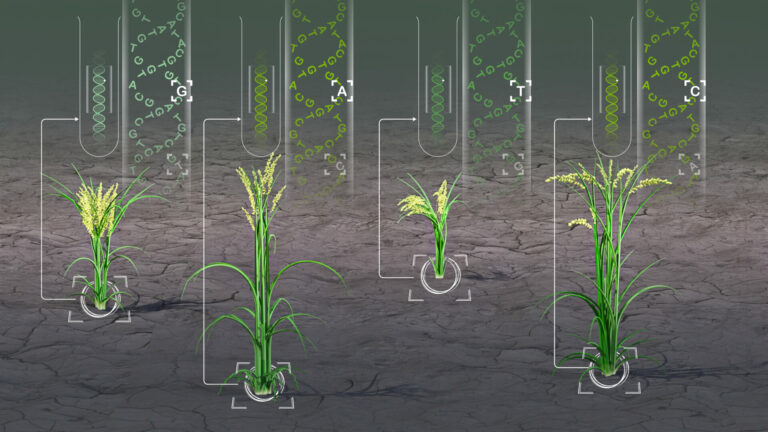
Bioengineering
Platform for identifying genetic variation in plant species could aid in crop improvement and sustainable agriculture.
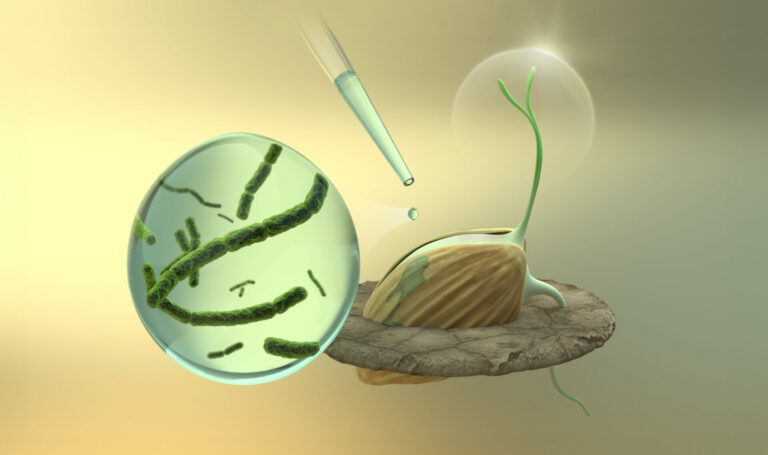
Plant Science
Analysis of seed endophytes in the wild crop fonio reveals the seed microbiome as a potential target for sustainably enhancing crop resilience to climate stress.
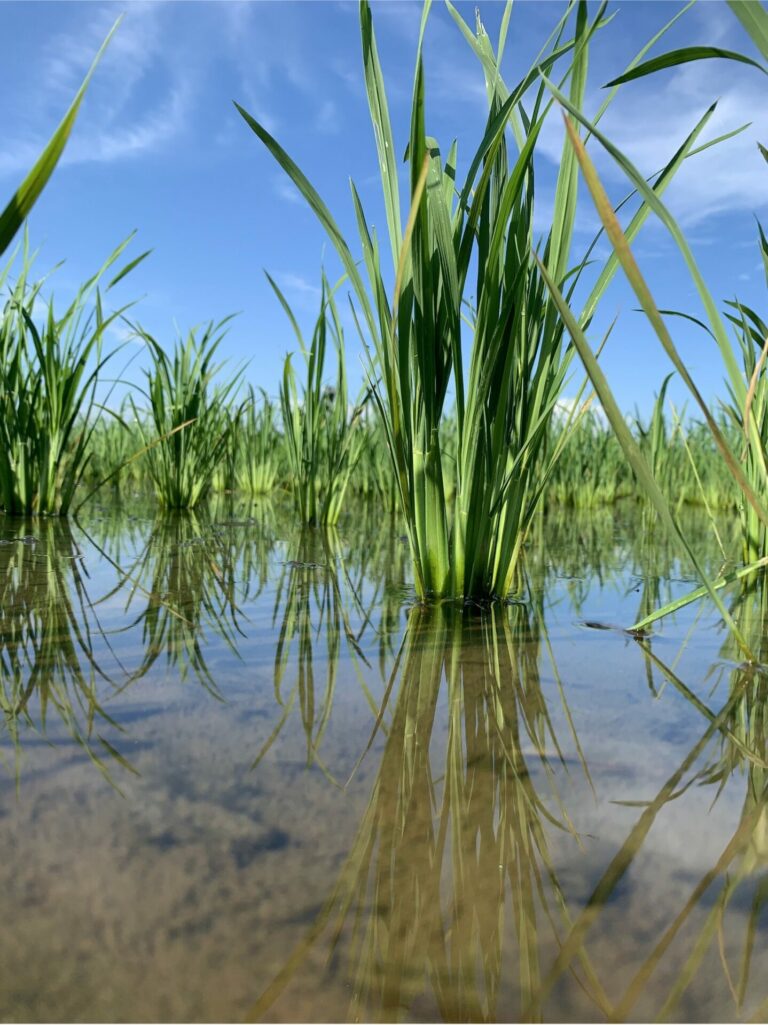
Bioengineering
Better understanding of the roles of plant hormones could help to engineer advantageous traits into rice and other crops.

Plant Science
Degraded arid lands could be revegetated and used for long-term carbon storage.
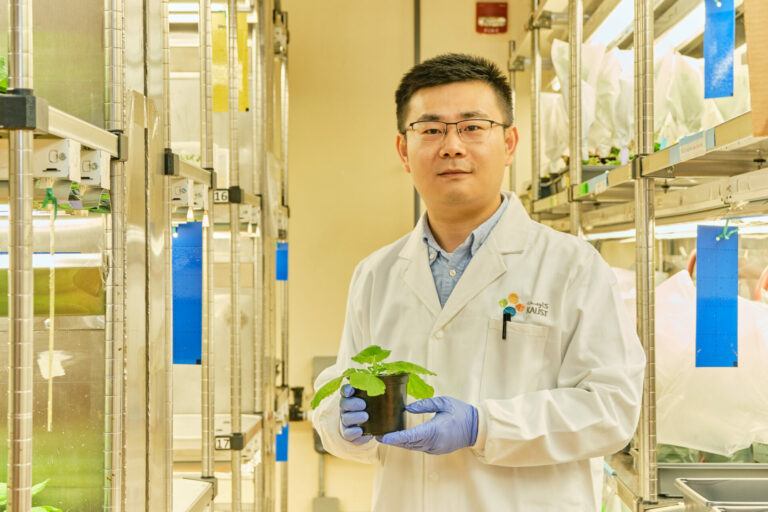
Bioengineering
A simple enzymatic pathway taken from fungi can enhance the production and storage of provitamin A in crop plants.
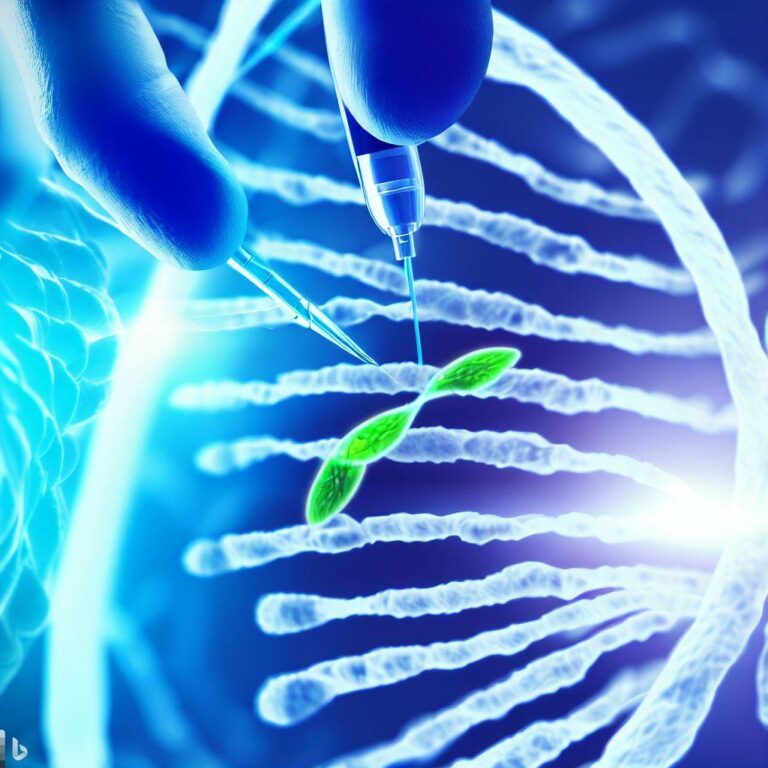
Bioengineering
PNP editing emerges as a versatile and programmable tool for site-specific DNA manipulations.
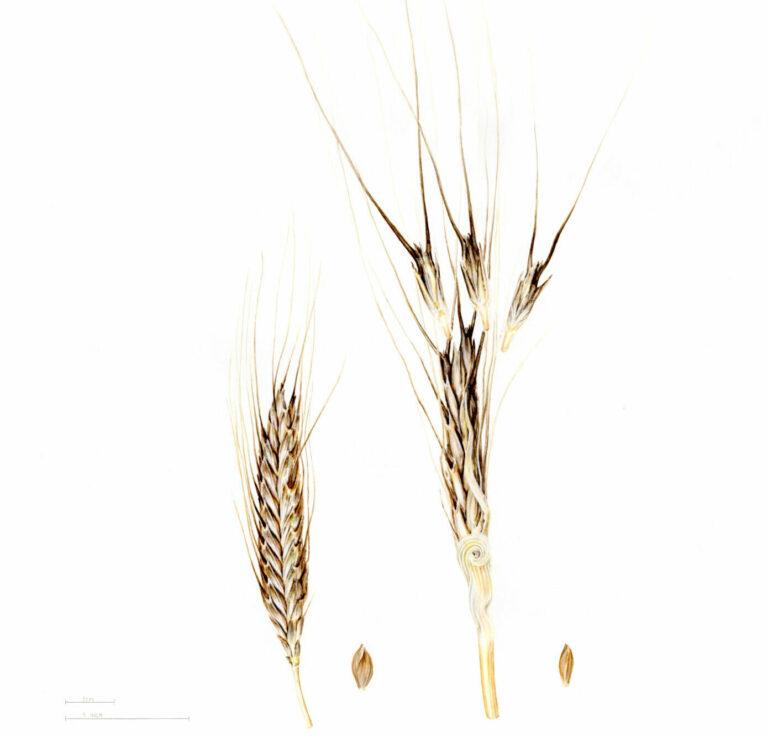
Bioscience
A first complete genome map of einkorn reveals evolutionary origins and potential for enhanced wheat breeding.
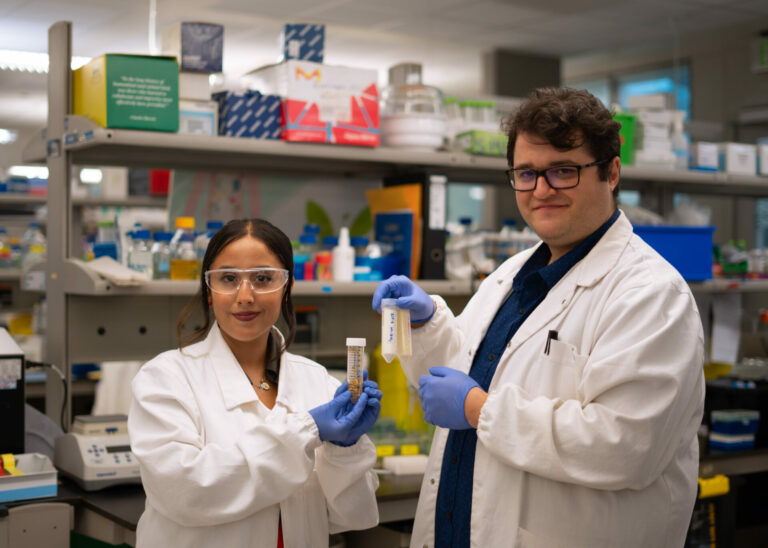
Plant Science
Using nanotechnology for controlled delivery of biostimulants and micronutrients to crops could improve performance and nutritional value.
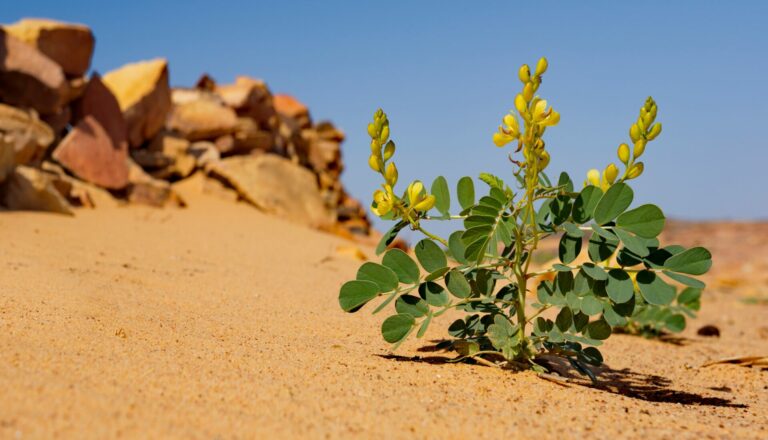
Plant Science
Priming crop plants with a microbe sourced from the roots of desert plants could be a powerful tool to boost crop plant's resilience to drought.
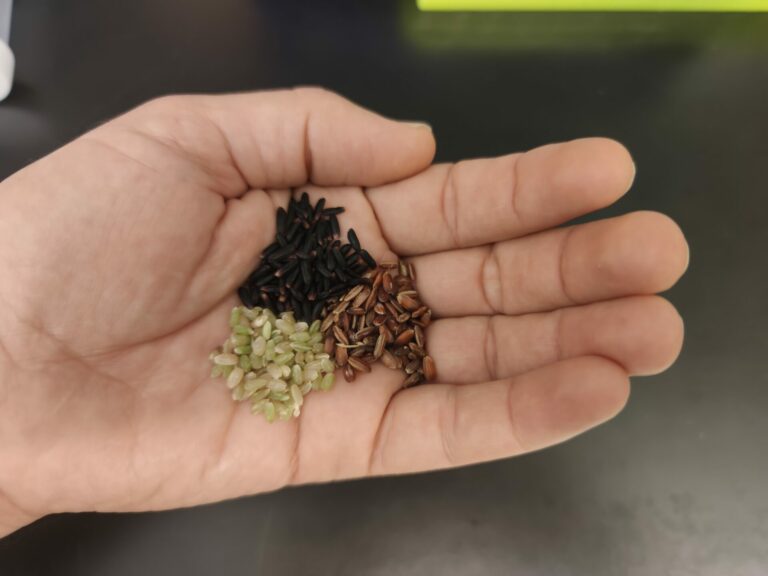
Bioengineering
Fundamental research offers opportunities for new varieties of pigmented rice and a resource to address malnutrition.
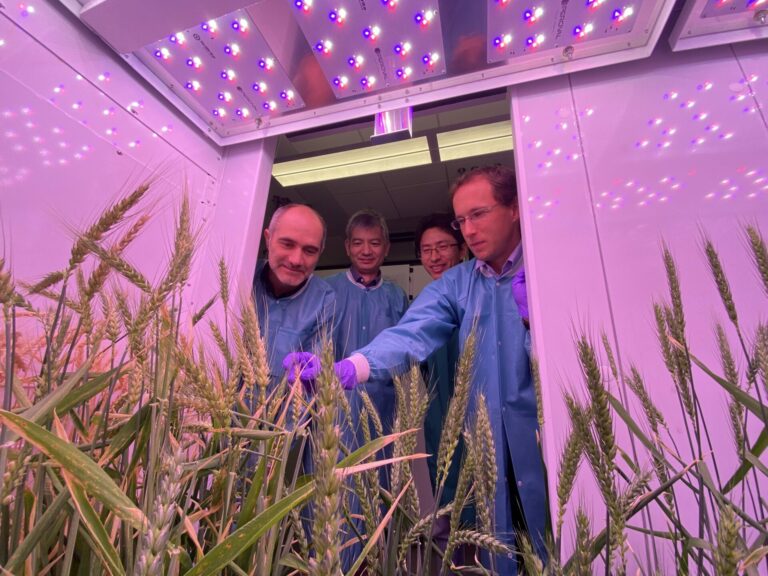
Plant Science
Research highlights the emerging role of unusual kinase fusion proteins in wheat disease resistance.
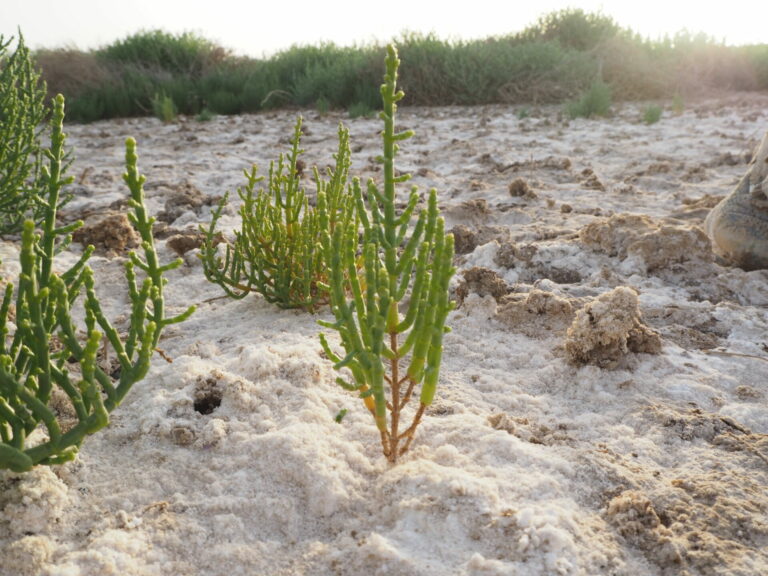
Bioscience
More effort is needed to bring salt-tolerant crops to the farmers who need them.

Bioscience
Biopharming technique yields cost-effective and environmentally friendly antimicrobial peptides.

Plant Science
Understanding the role of a key protein in plant immunity could inform the development of crops that are resistant to multiple pathogens.
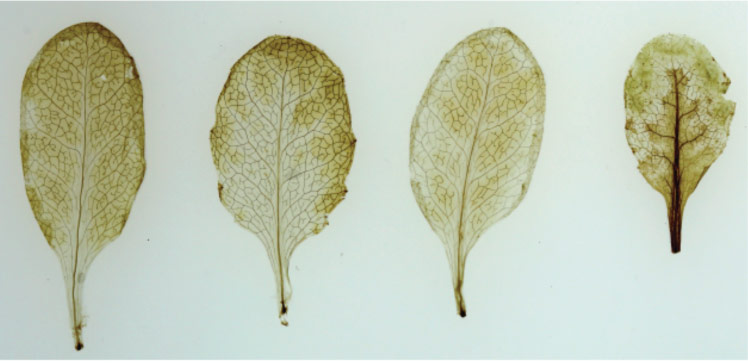
Plant Science
Stress-response protein promotes the accumulation of metabolites that help anti-pathogen defenses.
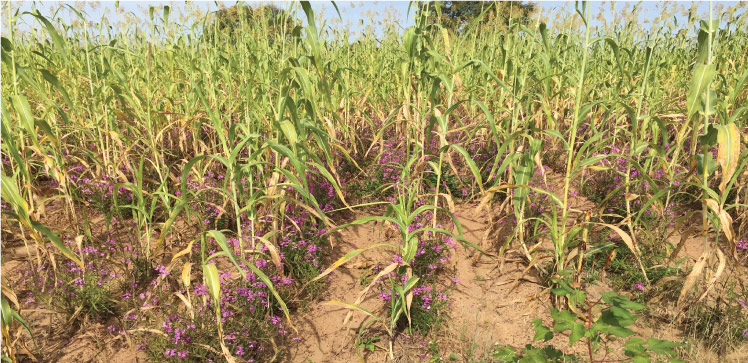
Plant Science
Crop resistance to a significant parasitic plant could be increased through gene editing or chemical treatment.
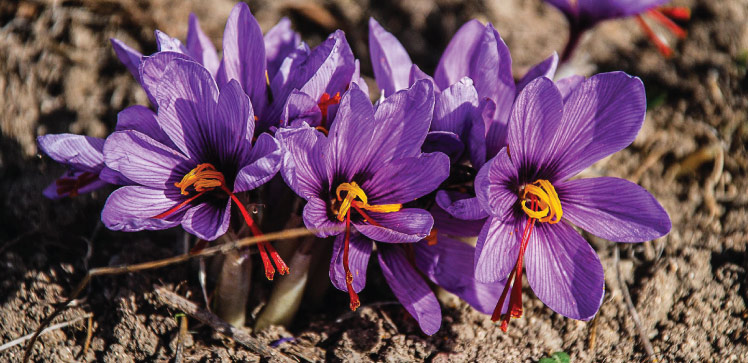
Plant Science
A highly efficient enzyme combined with a multigene engineering approach offers potential for sustainable production of water-soluble pigments in plant tissues.
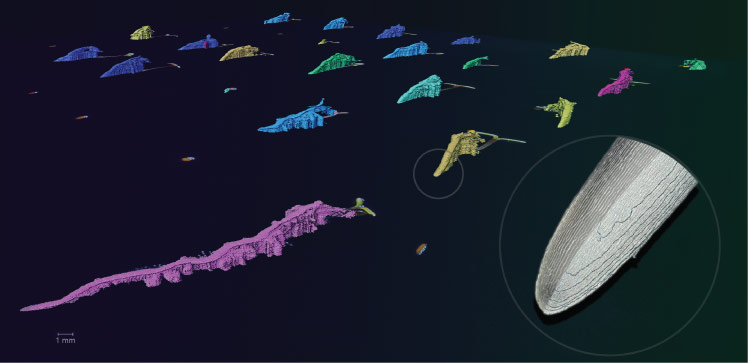
Plant Science
An AI-powered imaging system called MutipleXLab provides rapid automated phenotyping of seed germination and root growth that will help select plants that grow well.
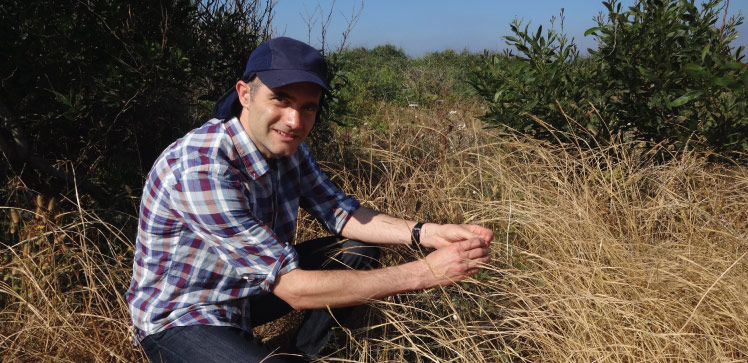
Plant Science
Researchers have identified stem rust resistance in the wild cereal plant Aegilops sharonensis and successfully transferred the resistance gene into bread wheat.
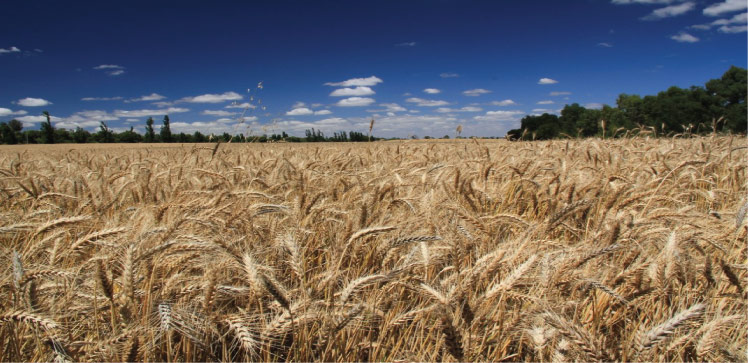
Plant Science
Sequencing a high-quality bread wheat genome facilitates the identification of a gene that confers stripe rust resistance and may lead to improved crop resilience.
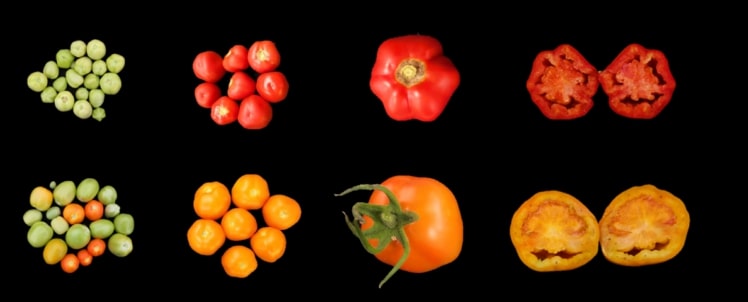
Plant Science
A novel plant-breeding strategy is targeting crop yield, nutritional value and stress tolerance, all through the expression of one gene.
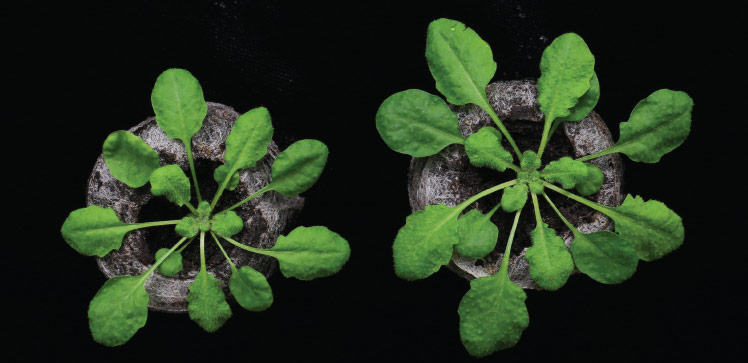
Plant Science
Understanding the interplay between bacteria and sulfur is leading to exciting biotechnologies that could enable crops to be irrigated with salty water.
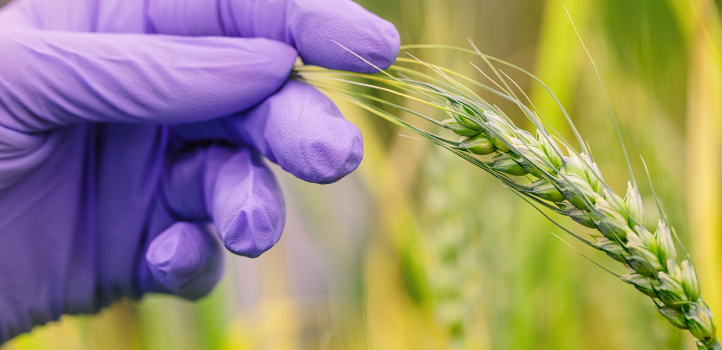
Plant Science
Coating crop seeds with bacteria found on a desert shrub boosts yields in hot fields.
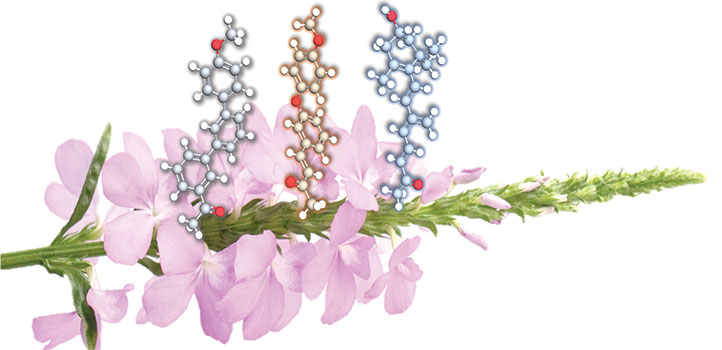
Plant Science
A molecular mimic designed to promote plant growth and limit witchweed infestation shows promise in initial trials.
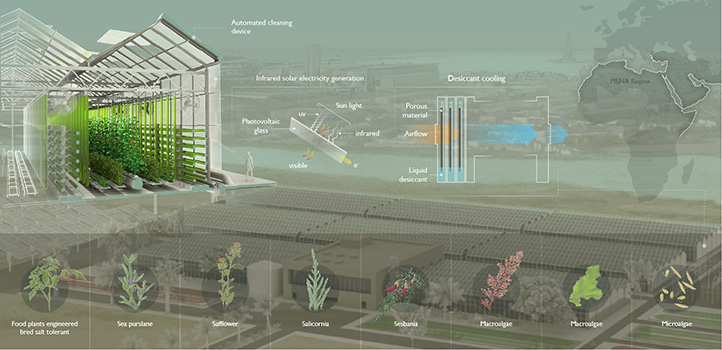
Plant Science
Efficient greenhouse complexes that will grow crops using the resources available on desert coasts could improve food security for millions.
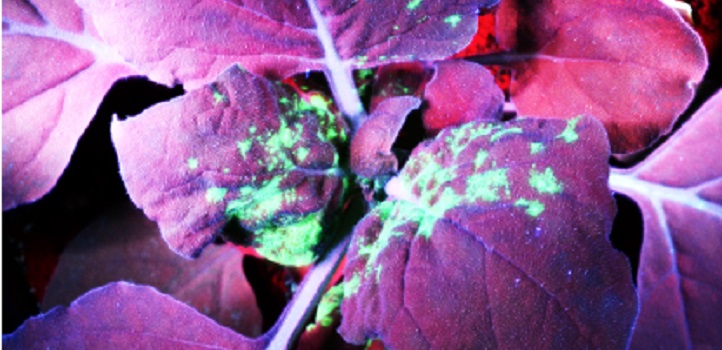
Plant Science
A Cas protein that cleaves viral RNA has been harnessed in a CRISPR/Cas system to destroy prolific viral infections in crop plants.
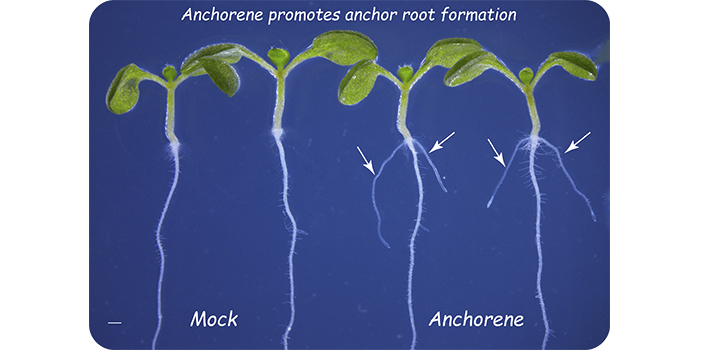
Plant Science
A newly discovered plant metabolite that promotes anchor root growth may prove valuable in helping crops grow in nutrient-deficient soils.
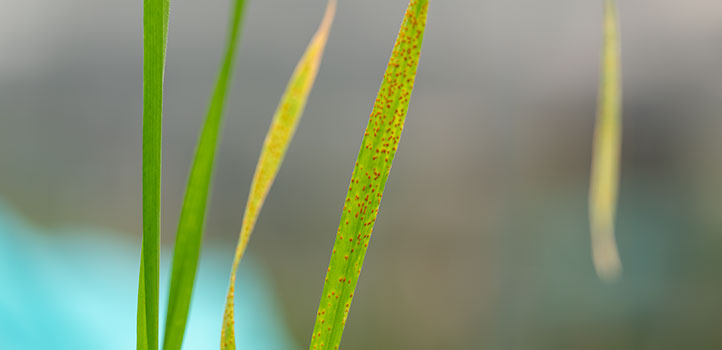
Plant Science
Identifying genes that confer resistance to leaf rust infections could help generate durably resistant cereal crops.
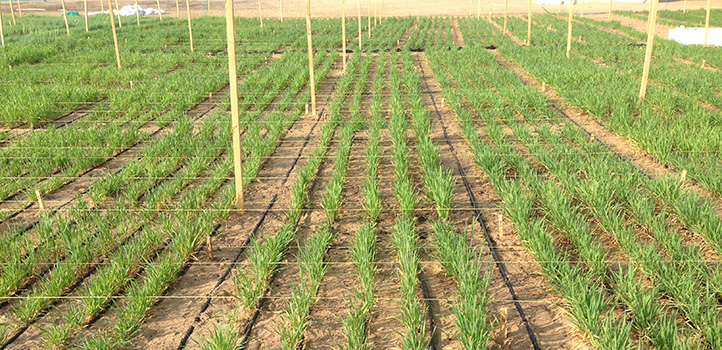
Plant Science
Factors influencing the tolerance of barley to saline soils have been uncovered using an advanced robust statistical technique.
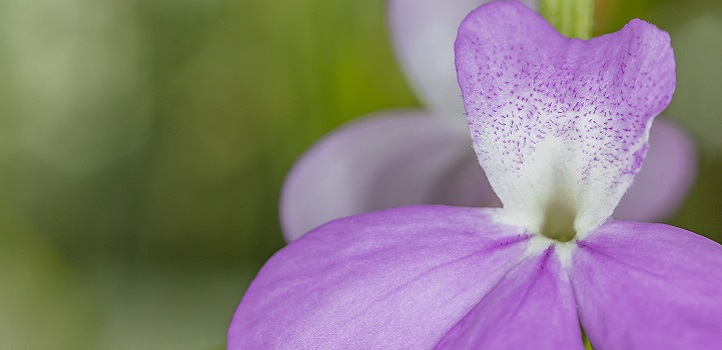
Plant Science
Plant scientist Salim Al-Babili and his team are working across many fronts to save sub-Saharan African cereal crops from a menacing weed.
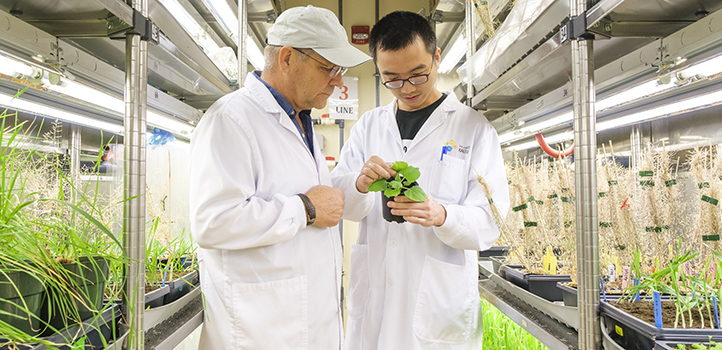
Plant Science
Discovery of signaling intermediary could lead to more pest-resistant crops.
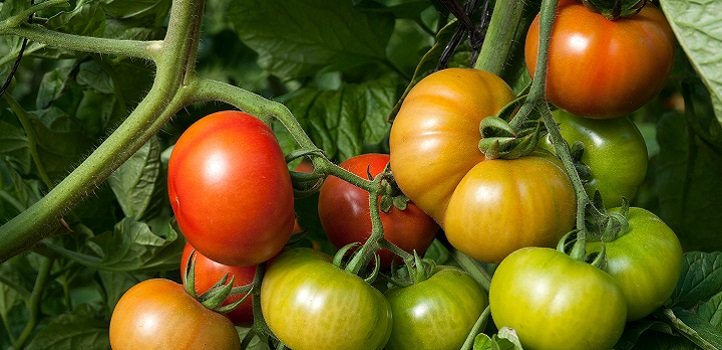
Plant Science
The colonization of tomato plants with a beneficial desert root fungus protects against effects of salt stress.

Plant Science
Cultivated date palms have co-evolved with desert bacteria for so long that their roots attract the microbes that provide the best chance for a long and healthy life.
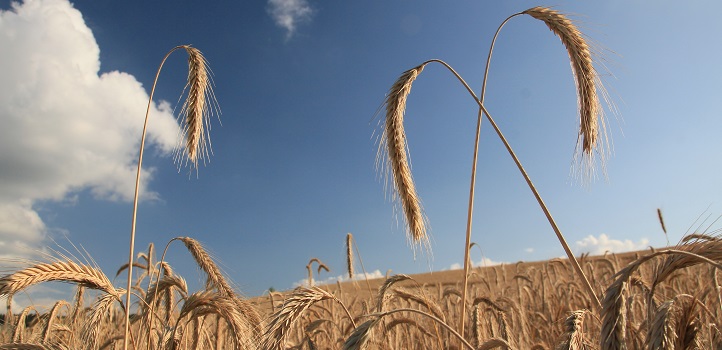
Plant Science
Genome editing techniques have the power to transform crop yields and plant resilience to feed the growing global population.

Plant Science
New app aims to improve the statistical analysis of large datasets in plant science and beyond.
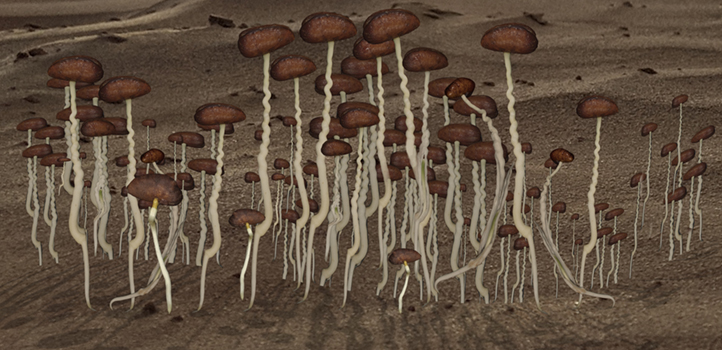
Plant Science
A date palm seedling can pause its development to boost its resilience before emerging into the harsh desert environment.
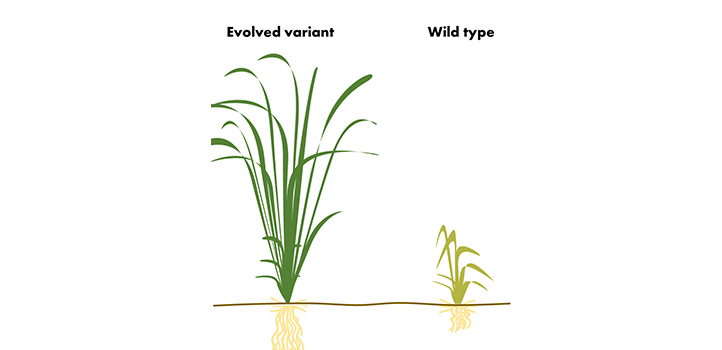
Plant Science
Accelerating plant evolution with CRISPR paves the way for breeders to engineer new crop varieties.
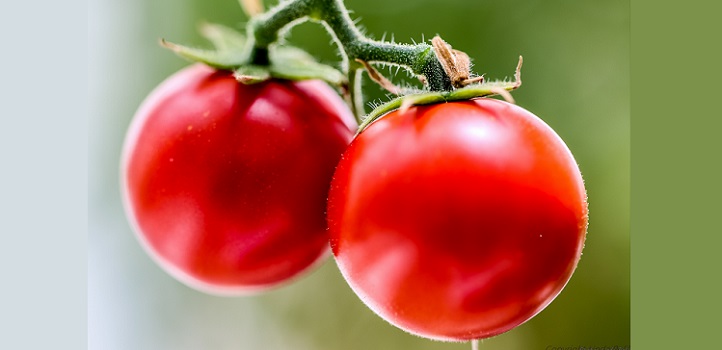
Plant Science
Unravelling the genes behind salt tolerance in crop plants is made easier using the latest sequencing and phenotyping technologies.
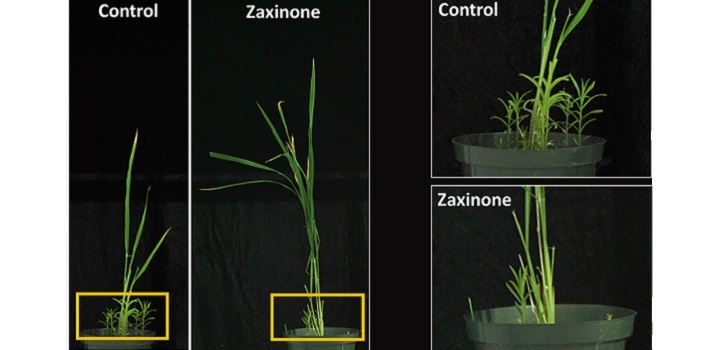
Plant Science
A metabolic compound that regulates growth of rice plants and limits witchweed infestation could boost crop yields.
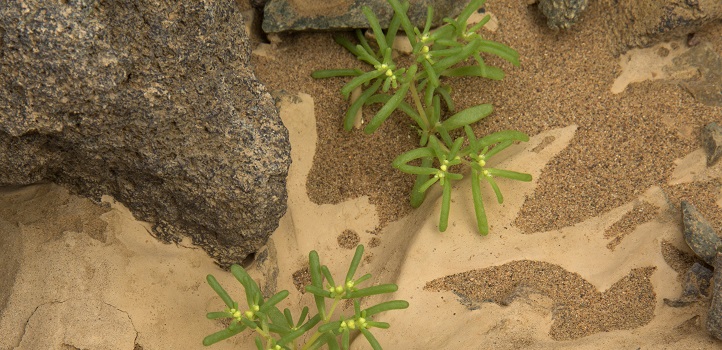
Plant Science
Desert bacteria protect food crops from salt toxicity.
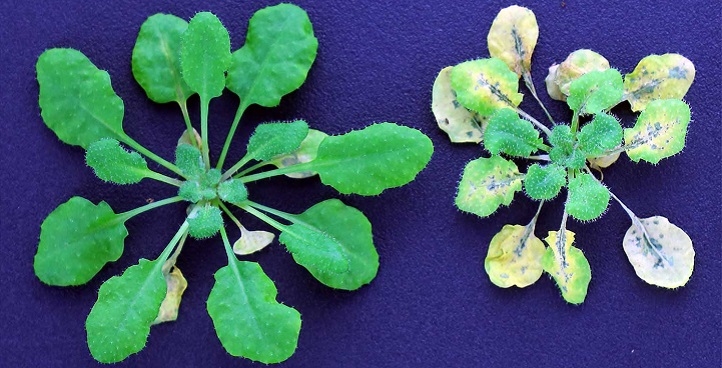
Plant Science
A key protein is shown to be responsible for activating and controlling plant immune responses to bacterial infection.
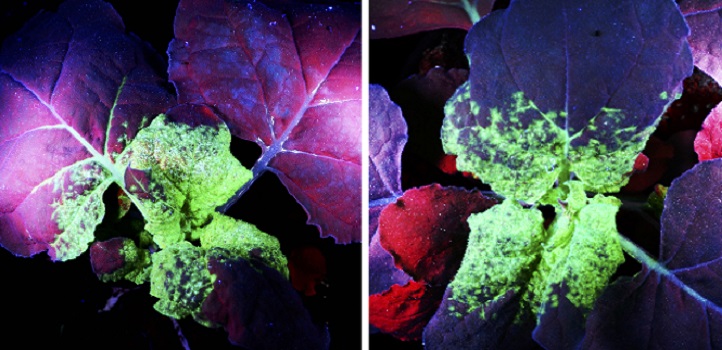
Plant Science
Precision molecular tools derived from bacterial defence systems are transforming the theory and practice of genetic modification.
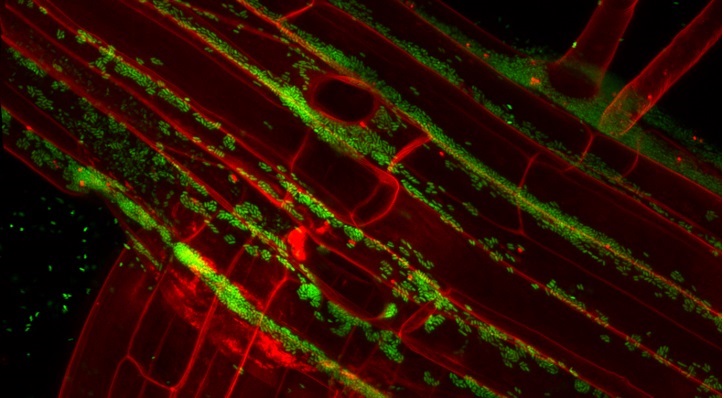
Plant Science
Bacteria isolated from desert plants could provide the key to maintaining productive agriculture in arid regions.
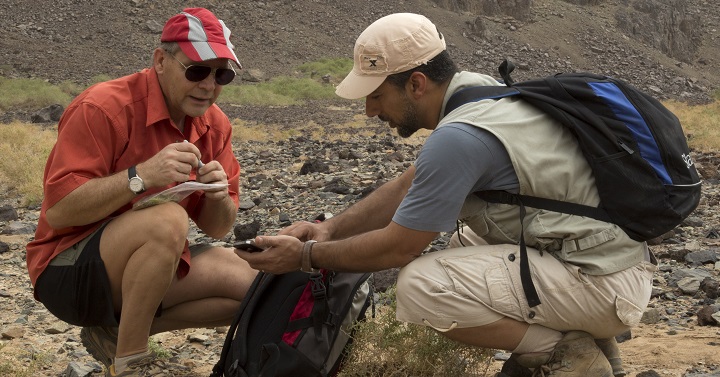
Plant Science
Genetic analyses of a desert bacterium show it could help to improve crop production in arid lands.
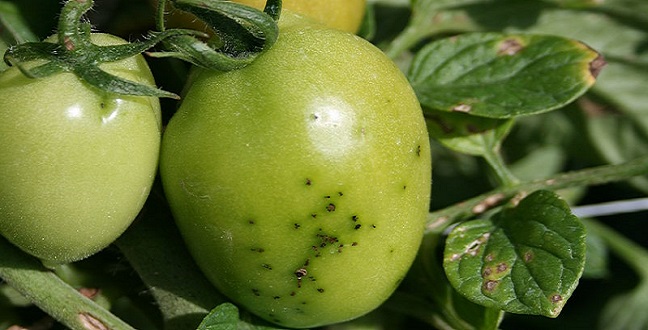
Plant Science
Plants can reprogram their genetic material to mount a defensive response against pathogens, which may have applications for agriculture.

Plant Science
Passionate plant scientist Mark Tester conducts ground-breaking research into plants that could one day help feed the world.
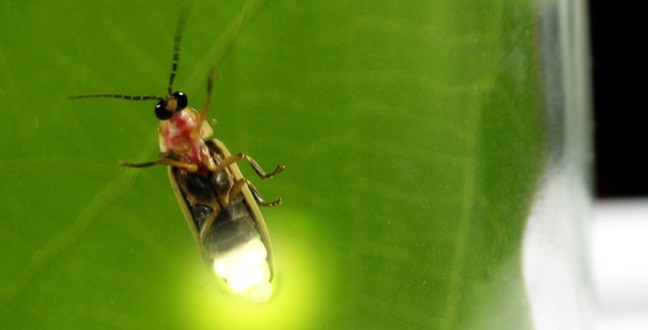
Plant Science
A biological sensor can identify and quantify the activity of a little-known class of plant hormones, strigolactones.
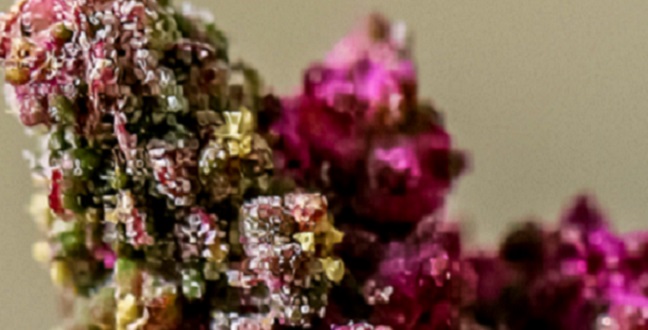
Plant Science
The high-quality sequencing of a quinoa genome brings new potential for global food security.
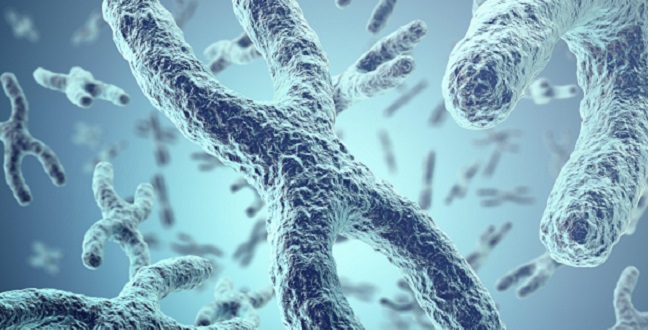
Plant Science
The dynamic three-dimensional organization of chromosomal structure can profoundly influence plant gene expression.
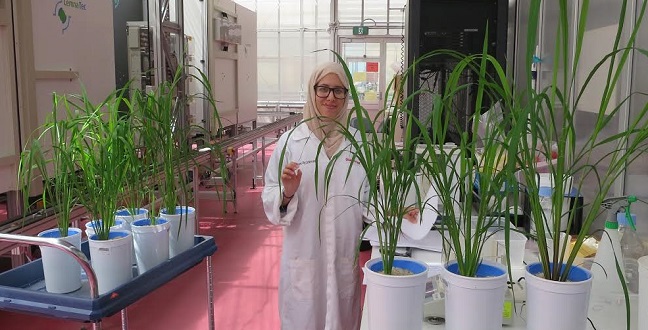
Plant Science
Real-time genetic detailing of rice plants highlights the roles of different loci in response to salt stress during growth.
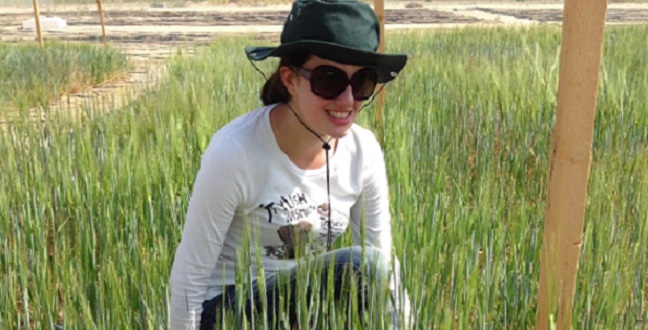
Plant Science
Mapping the genetics underlying barley yields helps pinpoint mutations responsible for increasing the crop’s salt tolerance.
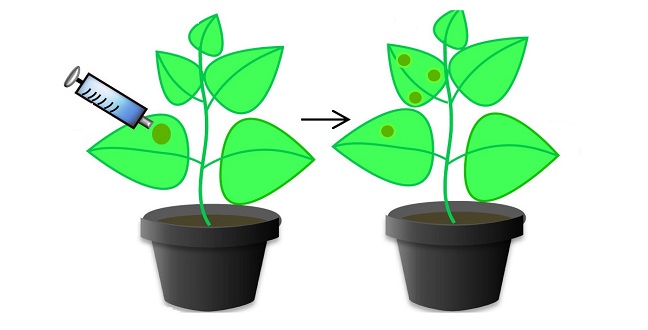
Plant Science
Harnessing a bacterial system of defense can protect plants against viral pathogens.
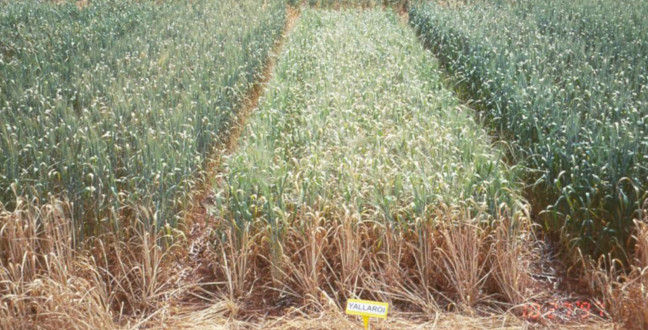
Plant Science
KAUST Center for Desert Agriculture leads research to improve crop yields from desert soils.